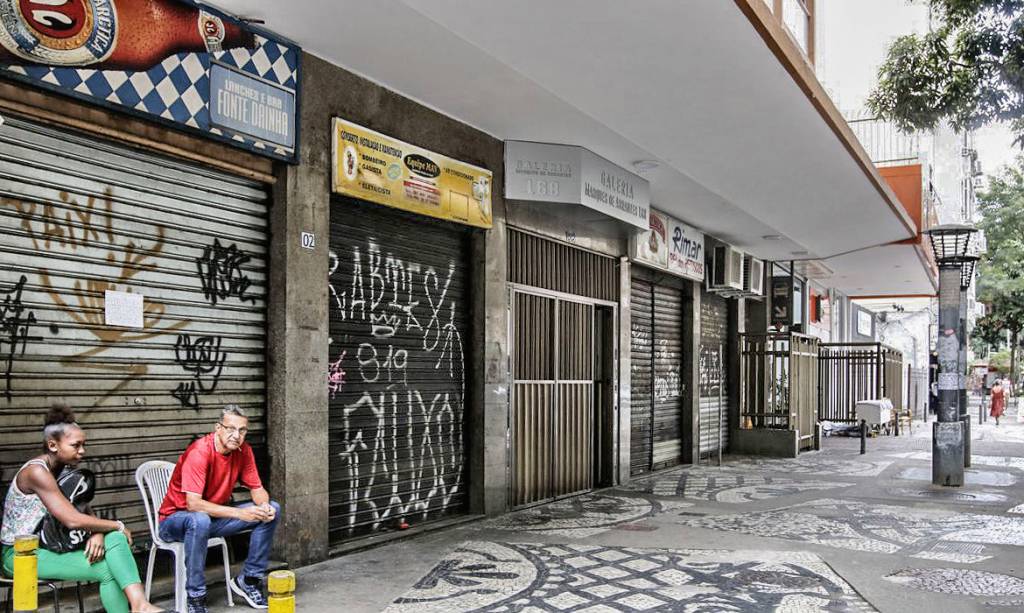RIO DE JANEIRO, BRAZIL – The world’s post-pandemic rebound from the novel coronavirus will be more difficult now than in previous recessions – and particularly for Brazilians. Nine out of ten countries are expected to weather this crisis better than Brazil, according to a survey that cross-checks the International Monetary Fund’s (IMF) projections with the latest issue of the Central Bank’s Focus Bulletin.
Brazilian Gross Domestic Product (GDP) is expected to collapse this year and to bounce back timidly next year, as a result of the economic impact of social isolation measures implemented to contain Covid-19. The GDP is expected to drop by 1.6 percent in 2020/2021.

Marcel Balassiano, a researcher at the Getulio Vargas Foundation’s Brazilian Institute of Economics (Ibre/FGV), said Brazil will rank 171st among 192 countries. In the South American list, only Venezuela will see a worse result and is expected to finish next to last. Meanwhile, China, where the epidemic began, could grow 5.1 percent.
“Brazil is experiencing both a health and a political crisis at the same time, which has no international parallel. The optimism early in the year regarding the country is behind us and the main players project a sharp drop for the national economy this year,” Balassiano says.
He recalls that the IMF and Focus’ perspectives are optimistic when compared to other international players, such as the World Bank, which expects a three percent drop for the country in this two-year period. “The IMF is expected to make a new round of projections next month and the expected performance for Brazil should be even worse.”
Lagging behind
An aggravating factor for the Brazilian economy’s poor performance is that the country was growing little before the pandemic. Brazil had been growing by around one percent since 2017, after two successive declines of over three percent. The country was behind most of the world: seven out of the ten countries surveyed grew more than Brazil last year, according to the IMF.
“Brazil came from a severe recession and was unable to emerge quickly from it. We entered the current crisis with double-digit unemployment and almost 70 million vulnerable people”, says Balassiano.
Under the impact of the pandemic, unemployment stood at 12.6 percent in the quarter through April, according to IBGE’s National Household Sample Survey (Continuous PNAD). Since many people are unable to leave home to look for work, the rate is in fact thought to be 16 percent, according to Itaú Unibanco.
Economist Luiz Carlos Mendonça de Barros, former president of the National Bank for Economic and Social Development (BNDES), says the Covid-19 crisis should mark a generation. “Bodies like the OECD (the club of rich countries) say it will be the worst crisis in a hundred years. How we face it will be remembered for years”.

